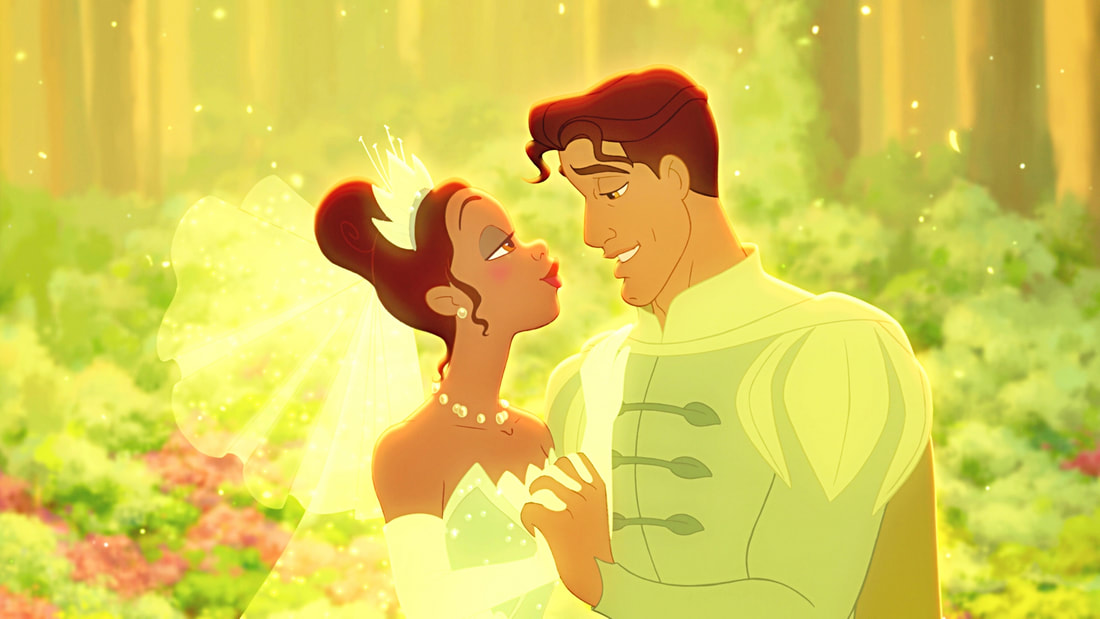With idealised romantic love portrayed in films and on tv, and the internet leading us to believe there is a ‘perfect’ match for us, are we searching for a level of perfection in our relationships that doesn’t exist?
This weekend I attended the annual BACP Private Practice Conference, which this year was on ‘Relationships: Why Do We Bother?’ A common theme of several of the talks was relationship expectations and the disillusionment we experience when we’re in a relationship. But why is this felt so often?
One possibility is the depictions of love we are presented with from a young age. Fairytales give us beautiful princesses and handsome princes who fall in love forever – no arguments, no compromises and no complications (once they’re married that is). But happily ever after doesn’t come without work, without reciprocity and flexibility. And it is this that’s lacking from the depictions of what a relationship is and what it needs to be positively maintained.
The increasing use of the internet to develop relationships also contributes to the idea of perfection, with dating websites claiming they can find our ‘perfect’ match. This fuels our quest to find a partner and a relationship with no flaws or imperfections. And yet the reality of a relationship is very different, and individuals and couples can end up coming to therapy because having a ‘good enough’ relationship feels like a failure.
Being in a partnership can therefore be interpreted as a process of disillusionment. What we imagine about our partner and about the experience of being in a relationship is often not the reality. And yet, does this make the quality of our relationships any less? Perhaps it is that we need to adapt our fantasies, to consider that ‘good enough’ may actually be ‘perfect’.


 RSS Feed
RSS Feed